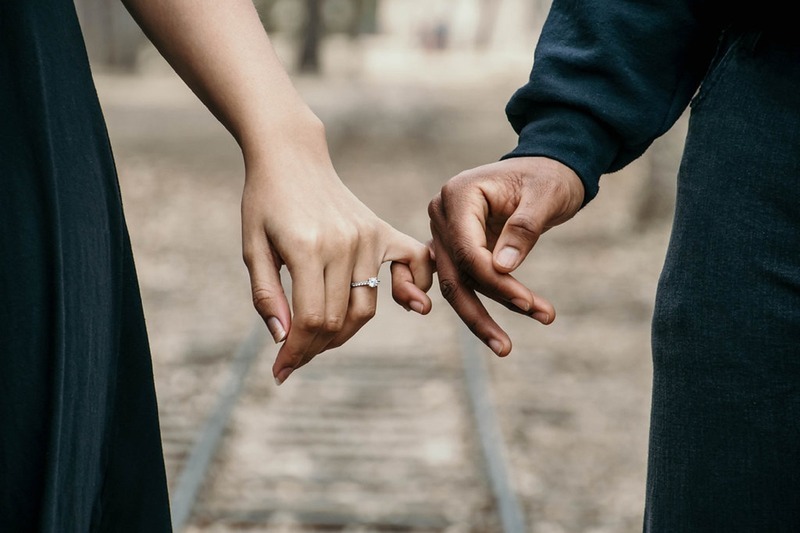
The Chief Rabbinate has seen a decline in the number of Jewish Israelis getting married through them. A religious activist group recently obtained data showing fewer couples registering marriage through the institution.
The trend is said to be due to a decrease in trust in the rabbinate. In 2022, approximately 38,900 couples registered their marriage with the Chief Rabbinate, almost the same number as in 2011. Despite a 20 percent increase in Israel's Jewish population, 17 percent of couples registered their marriages in 2022 through other recognized organizations like Tzohar or an ultra-Orthodox private rabbinic court.
Decrease in Trust in the Chief Rabbinate Causes Decline in Jewish Israeli Marriages
The Chief Rabbinate respoversees and regulates religious services, insurance to Jewish law, and providiprovidesce to Jewish communities. According to Jewish Virtual Library, it has been a common trend to establish a central religious authority, typically in the form of one or more individuals throughout Jewish history. This spiritual authority would often have jurisdiction over the entire Jewish community or at least over a specific region or country.
The positions of kings, high priests, patriarchs, exhilarates, and gaons were all examples of this authority. However, from the 11th century onwards, external rulers began to use the chief rabbi for their purposes, such as tax collection. Despite this, if the chief rabbi was a scholar, they were generally accepted and respected by the Jewish community, although there were instances of opposition.
The article in Times of Israel says that the Chief Rabbinate is facing a growing trend of Jewish couples choosing not to marry through the institution. This trend is seen as an expression of public distrust in rabbinic institutions. According to Rabbi Seth Farber, who leads the religious activist group ITIM, the Chief Rabbinate cannot continue to ignore these figures.
Rabbi Seth Farber acknowledges that a portion of this drop can be attributed to a wide trend in Israeli society of lesser people getting married or getting married in ways not recognized by the state. He believes that this cannot fully account for the entire discrepancy. This raises questions about the rabbinate's relevance and could suggest a growing lack of trust in the institution.
A recent poll by the Israel Democracy Institute shows that only 30% of Jewish Israelis trust the Chief Rabbinate significantly. This low level of trust is particularly striking among self-identified secular Jews, who comprise 41% of Israel's Jewish population. Less than 10% of secular Jews say they trust the Chief Rabbinate, the institution's lowest rating ever. This lack of trust could have significant implications for the institution's future.
Also Read: Indian Christian Couples Find Joy in Marriage, Whether Arranged or Not, as They Thank God
Rules of Marriage in Israel
According to Barak Aharon, in Israel, Jewish marriages are strictly governed by Orthodox Rabbis, which means that certain restrictions apply. For example, same-sex marriages and marriages between a Jew and a non-Jew are not recognized by the Orthodox rabbinate.
Additionally, a male Cohen, who is of priestly lineage, cannot marry a divorced woman or a convert. If you are getting married in Israel and want an official marriage certificate, you must meet the essential halachic criteria. If you are divorced, you will also need to present a bachelorhood certificate from an Orthodox rabbinic court.
Once you have opened a file at the local rabbinate, you will need to obtain and submit a certificate of kashrut from the place where you plan to hold the wedding and the name of the officiating Rabbi. This may have been one of the reasons some Jewish couples do not marry through the Chief Rabbinate.
Related Article: Married Families Make Better Society and Children


















